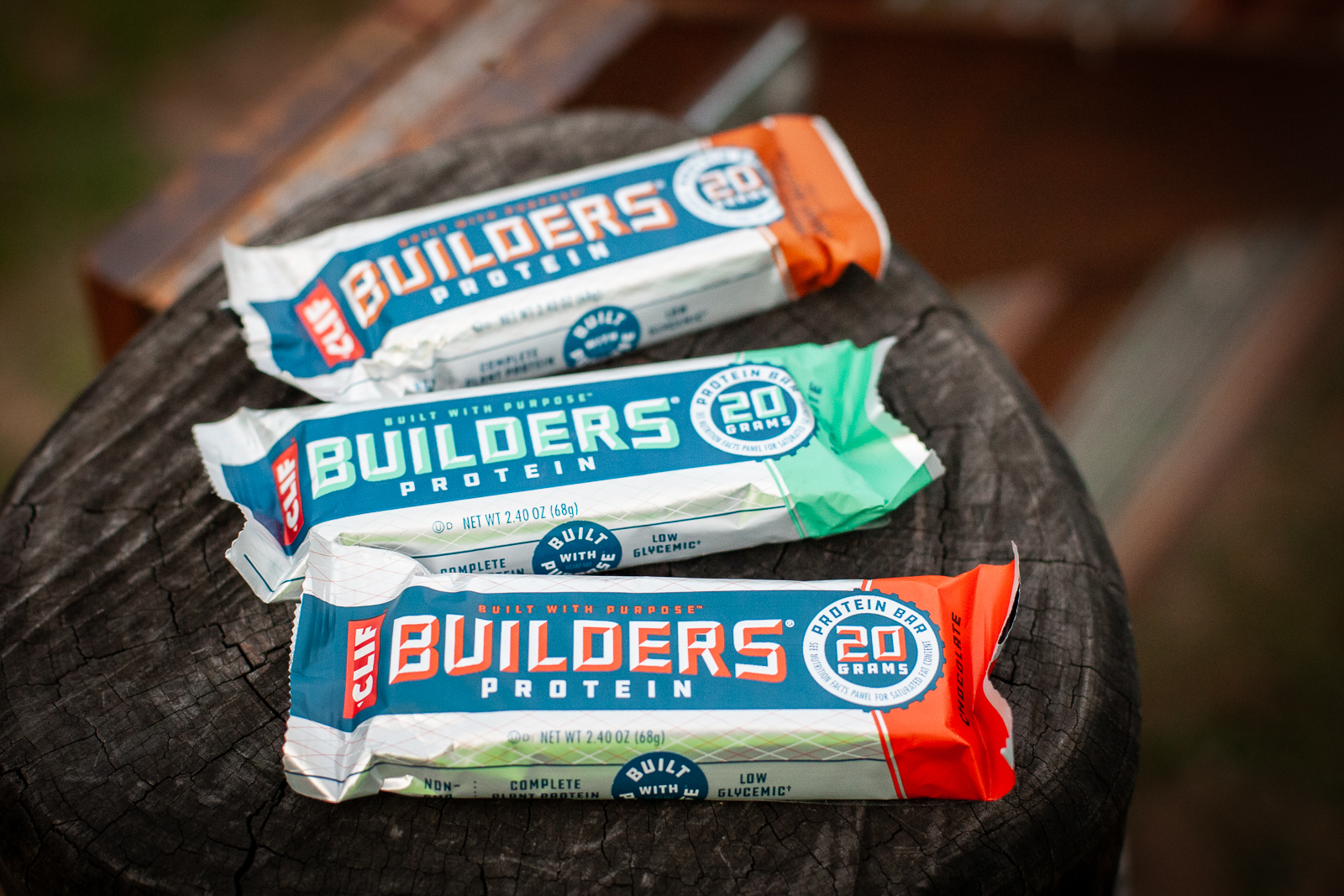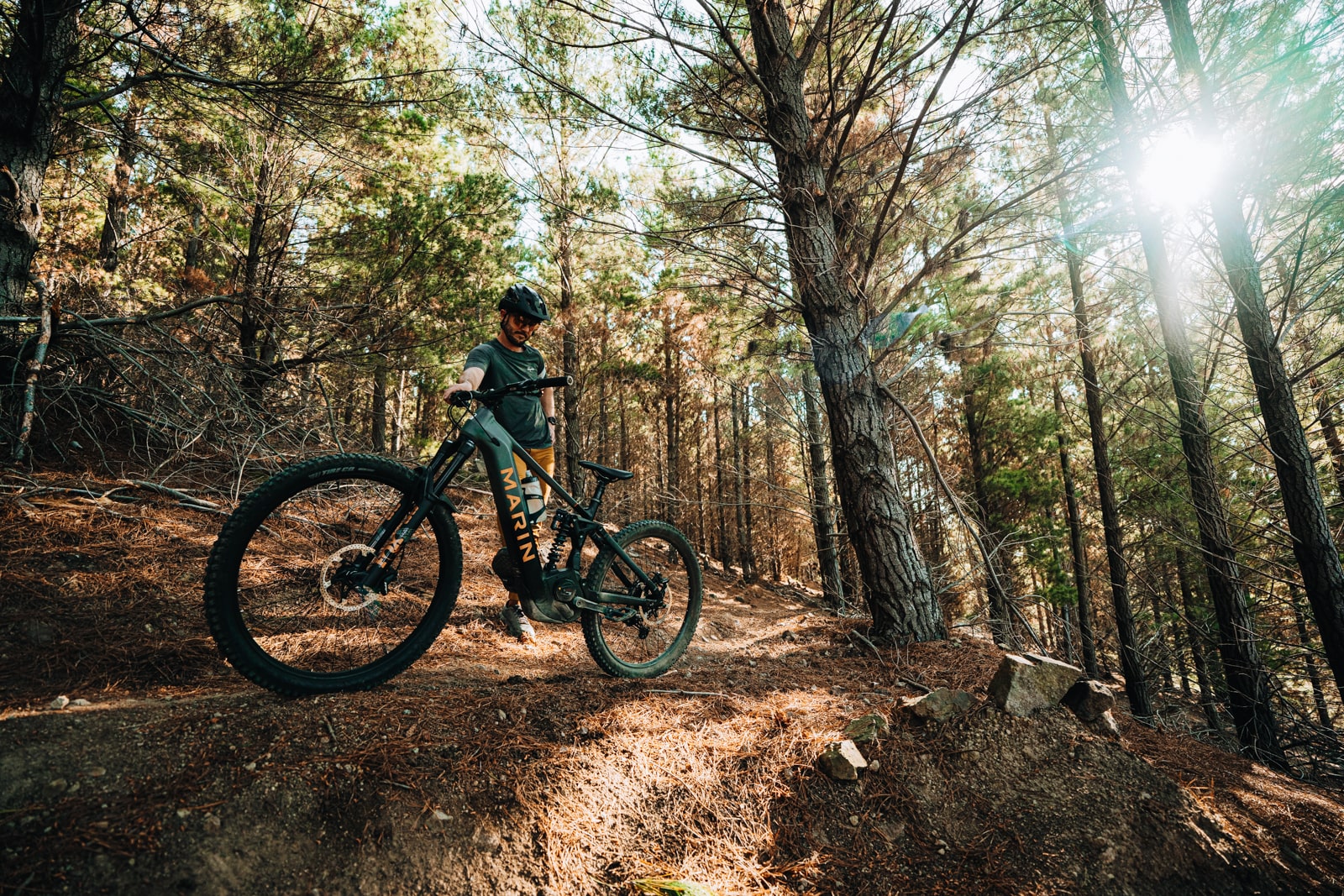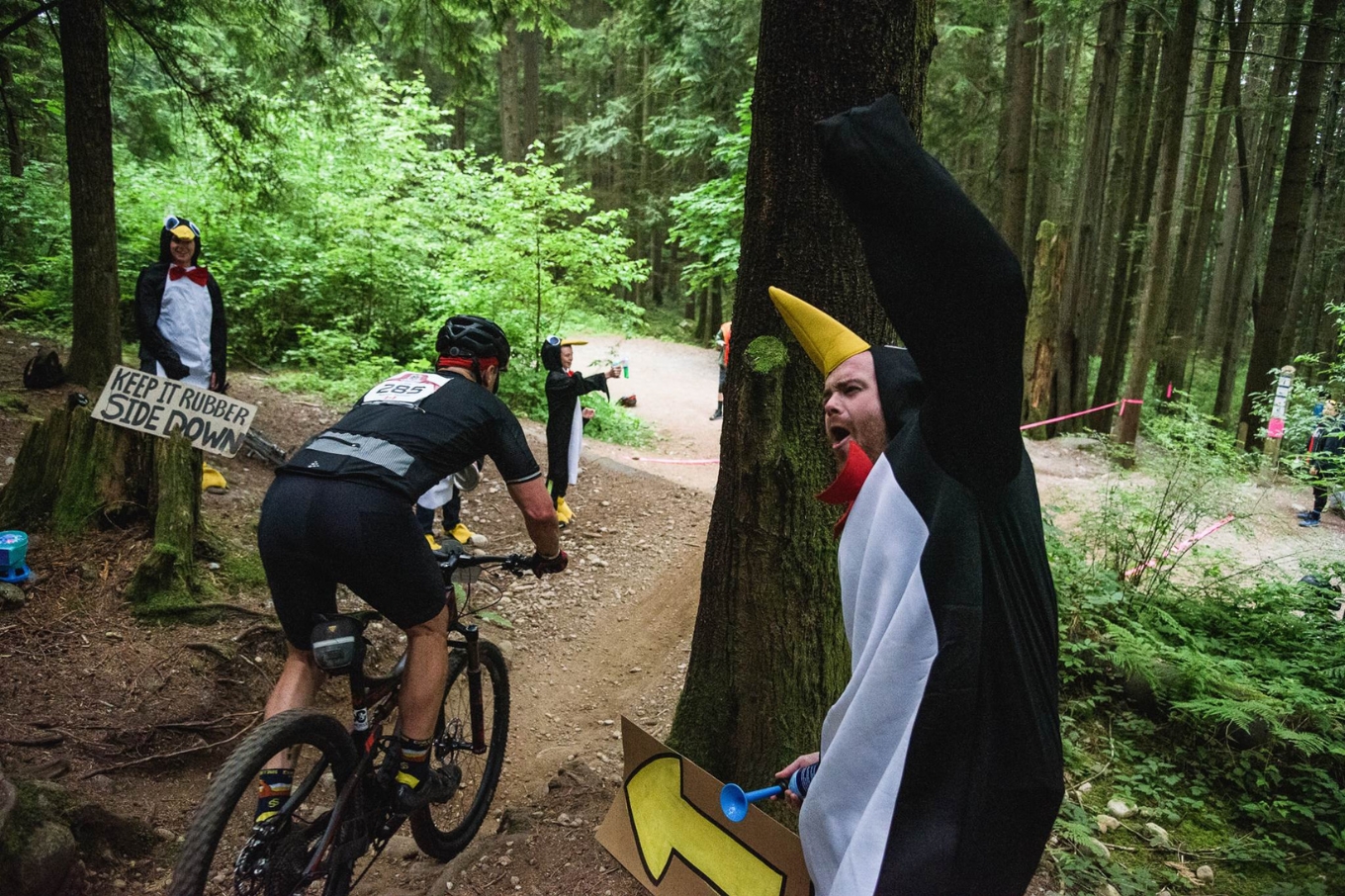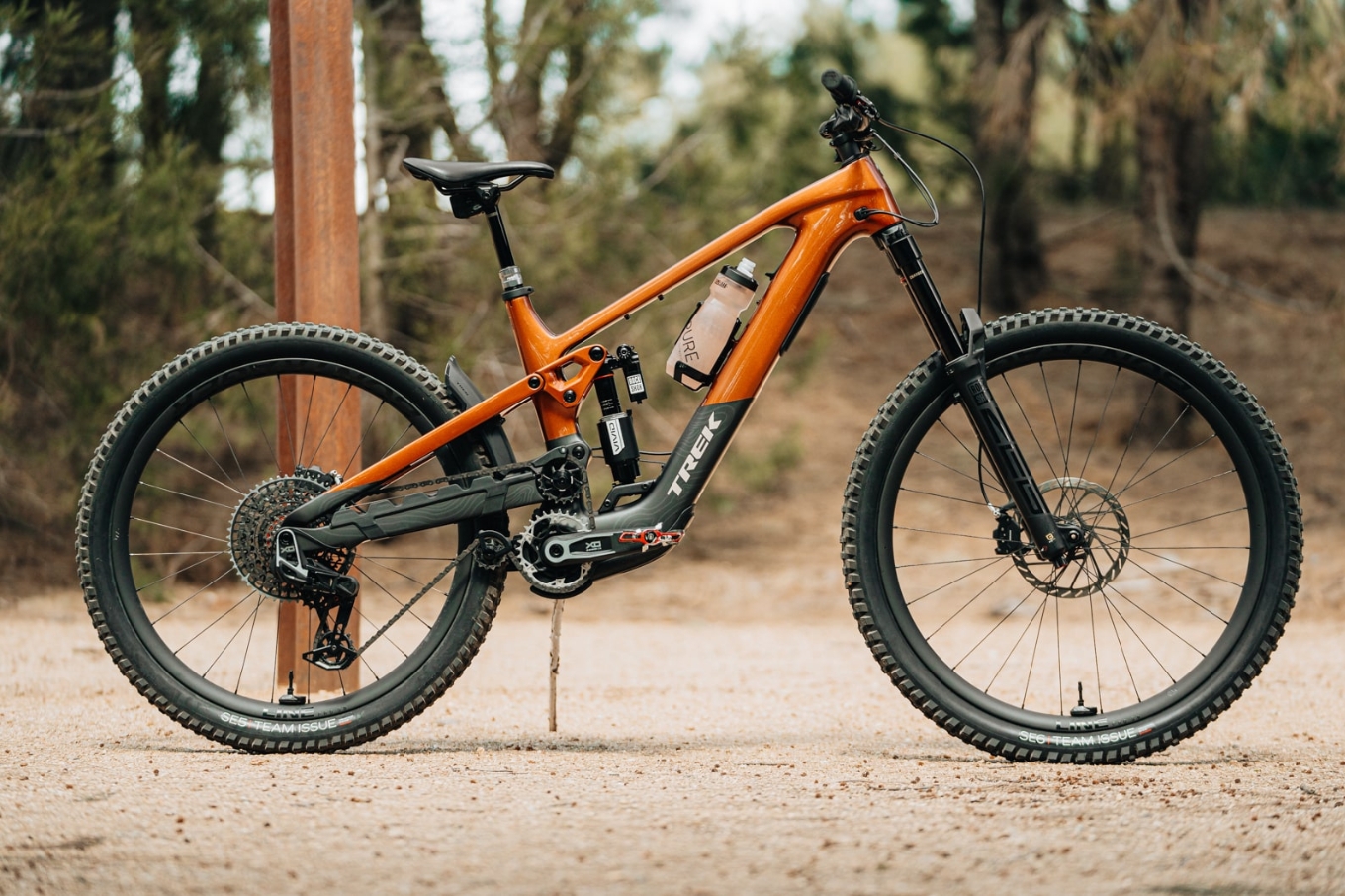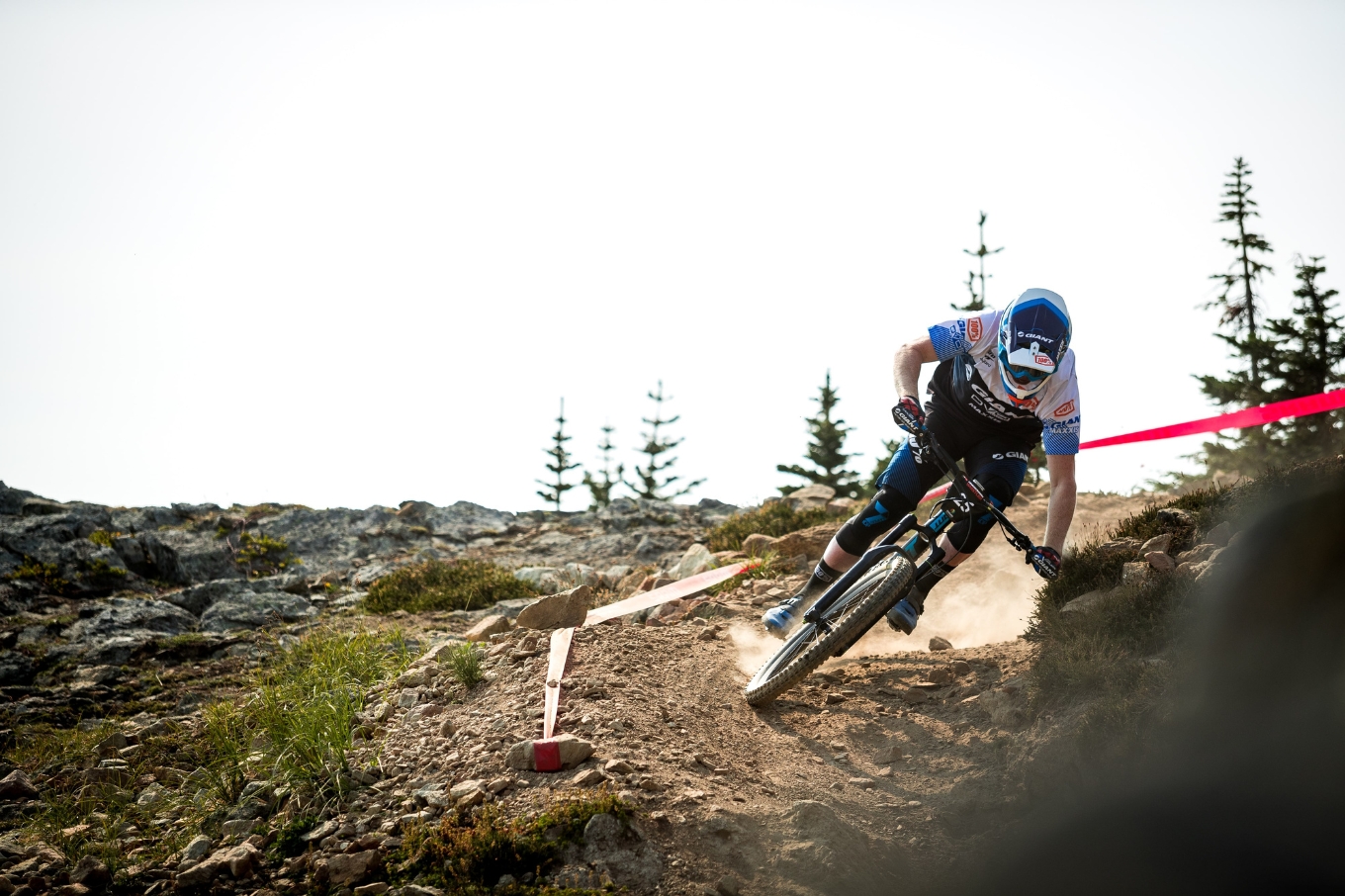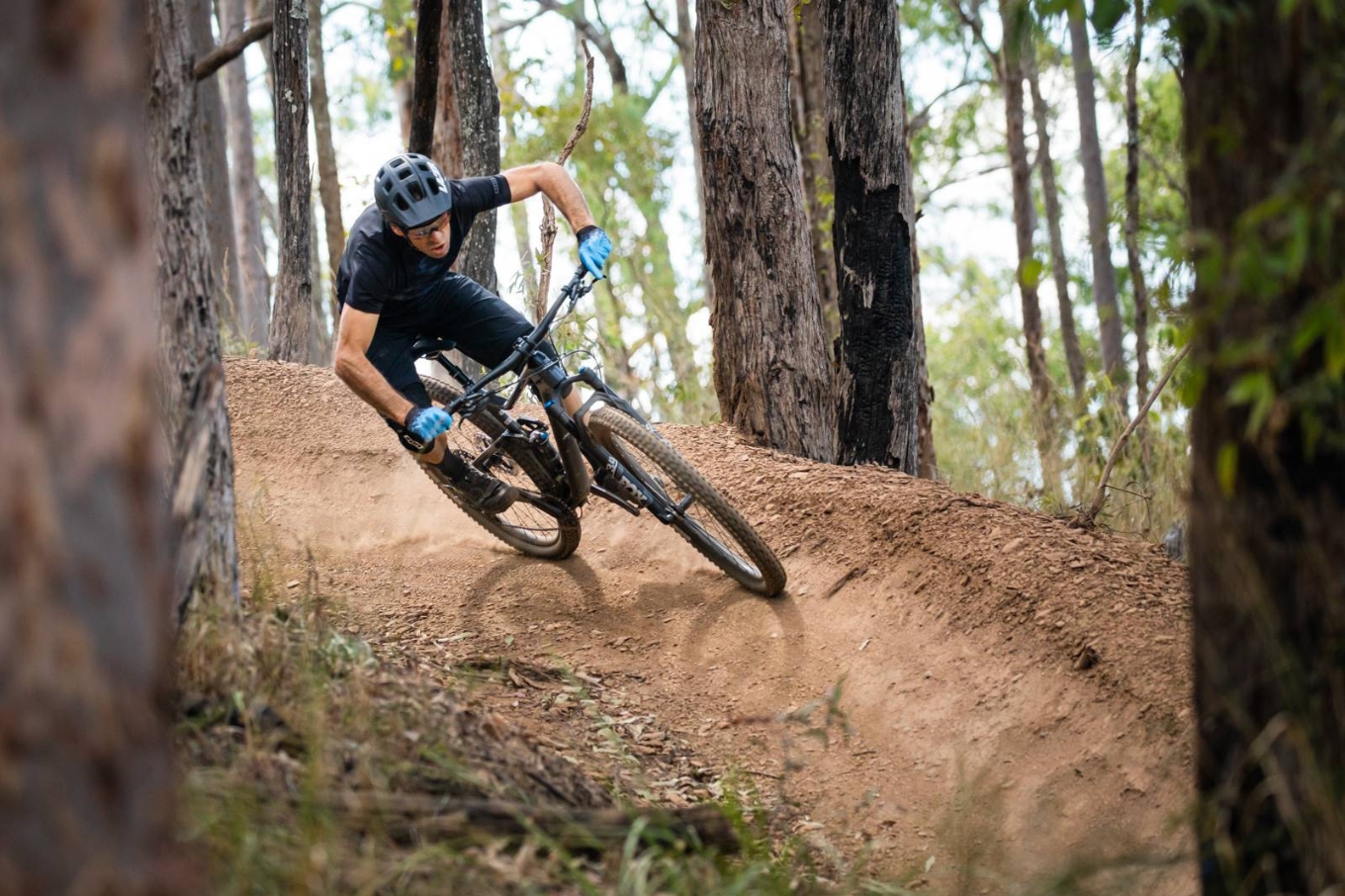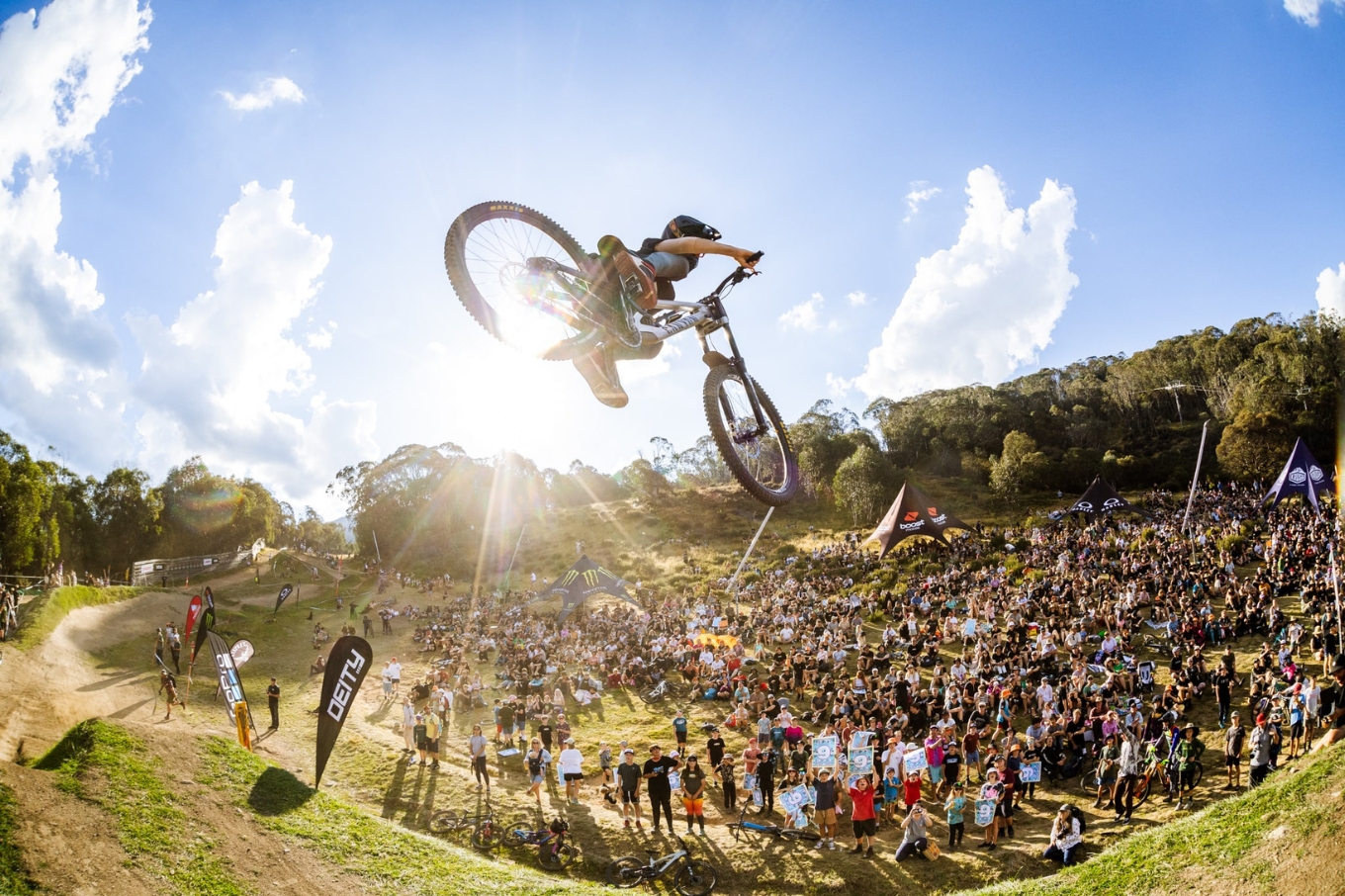NUTRITION: Mountain biker's guide to protein
Protein has many benefits for the athlete – from the weekend warrior to the active teen all the way up to the elite rider.
Protein is crucial for recovery from exercise and without it, you might not be gaining all the benefits you deserve. But how much do you need? Where do you get it? Do you need supplements? Here’s your one stop guide to protein to maximise performance on the bike.
Protein has many benefits for the athlete – from the weekend warrior to the active teen all the way up to the elite rider. Good quality protein, at the right time is essential for performance, recovery and training progression and can help with satiety and managing weight, too. But there are lots of opinions out there about how much to have each day, when to eat it and what to eat to get enough.
What is protein?
The amino acids in protein are the building blocks of the human body. Amino acids play an integral role in cell regulation and nerve function and help to build muscles, bones, enzymes and hormones. There are some of these amino acids the body can make, but also some that we need to eat (essential amino acids), making protein one of the essential building blocks of a healthy diet, too.
How much do you need?
The general recommendation for adults’ protein intake is approximately 0.8g of protein per kilogram of body weight per day but increases for athletes (56g per day if you weigh 70kg, for example). For active people looking to improve performance though, protein requirements depend on many factors like the stage of training, the demands of racing (enduro vs downhill will be slightly different) and body composition goals (weight loss, gain or maintenance). In fact, the timing and type of protein eaten seems to be more important than the amount (particularly as most of us eat more protein than we need anyway).
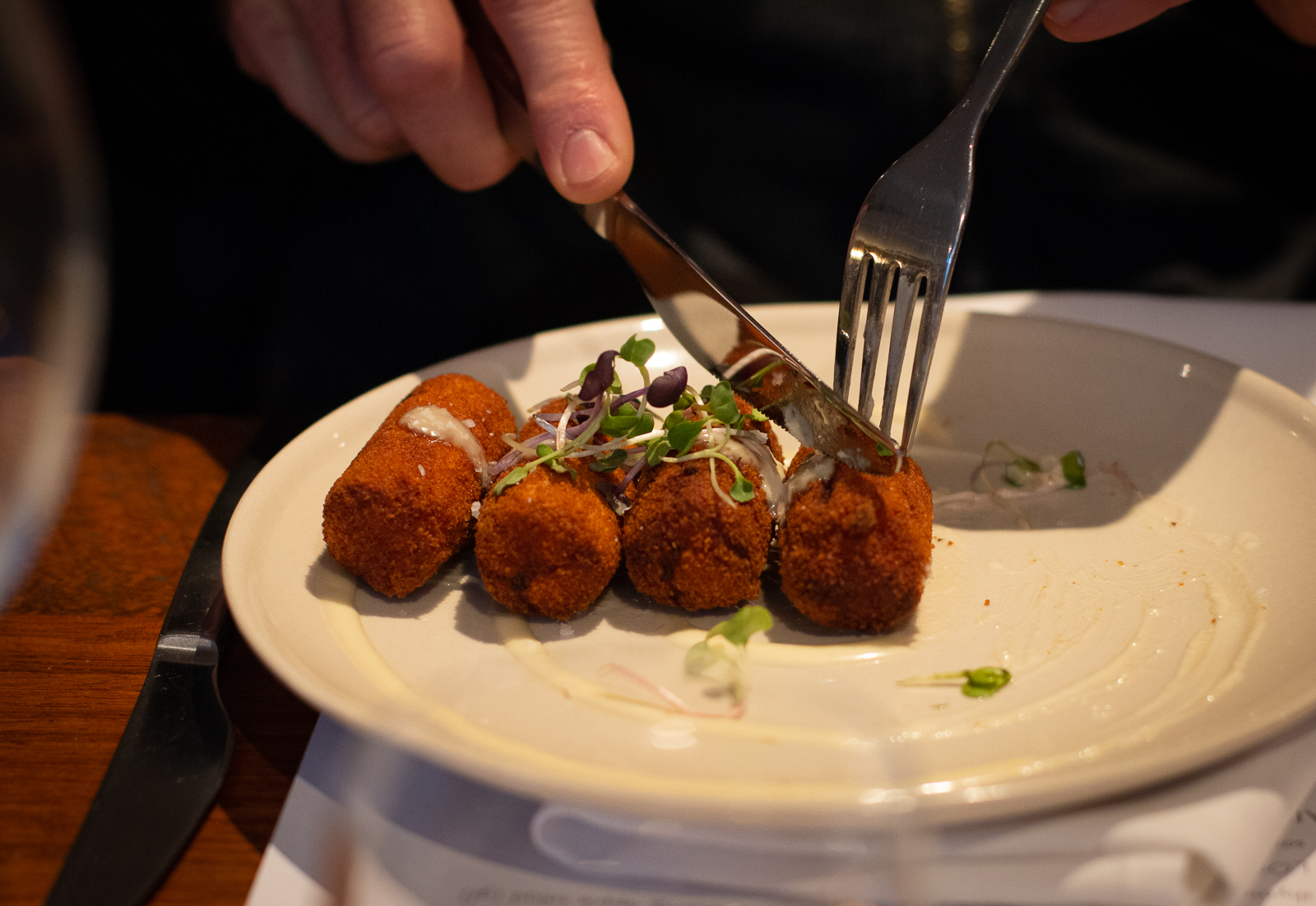
The International Society of Sports Nutrition’s position stand on protein and exercise provides several key recommendations for protein intake for healthy people who exercise. Some of the key takeaways are:
- For most, a total of 1.4-2.0g of protein per kilogram of body weight per day is enough to help with building/maintaining lean muscle and maximising performance.
- The ideal amount of protein to eat in a meal or snack is around 20-40g from high quality sources. This amount gives approximately 2-3g Leucine, an essential amino acid helpful for protein synthesis and recovery from exercise. More is not better either – if you consume more in one sitting, it’s likely the amino acids in protein will be wasted or even stored as body fat if they contribute to a caloric excess.
- Protein should be eaten regularly throughout the day (every 3-4 hours is a good way to go) as the body keeps repairing and rebuilding throughout the day. Focusing particularly on the post-training recovery meal/snack will help to maximise muscle refuelling and protein synthesis to promote muscle recovery.
- Endurance riders should also be sure to eat enough carbohydrate as well. The combination of carbs and protein promote optimal recovery, offset muscle damage, refuel for the next session, and ultimately improve performance on the trails. Adding protein during or after an intense training session may reduce feelings of muscle soreness too.
The masters athlete
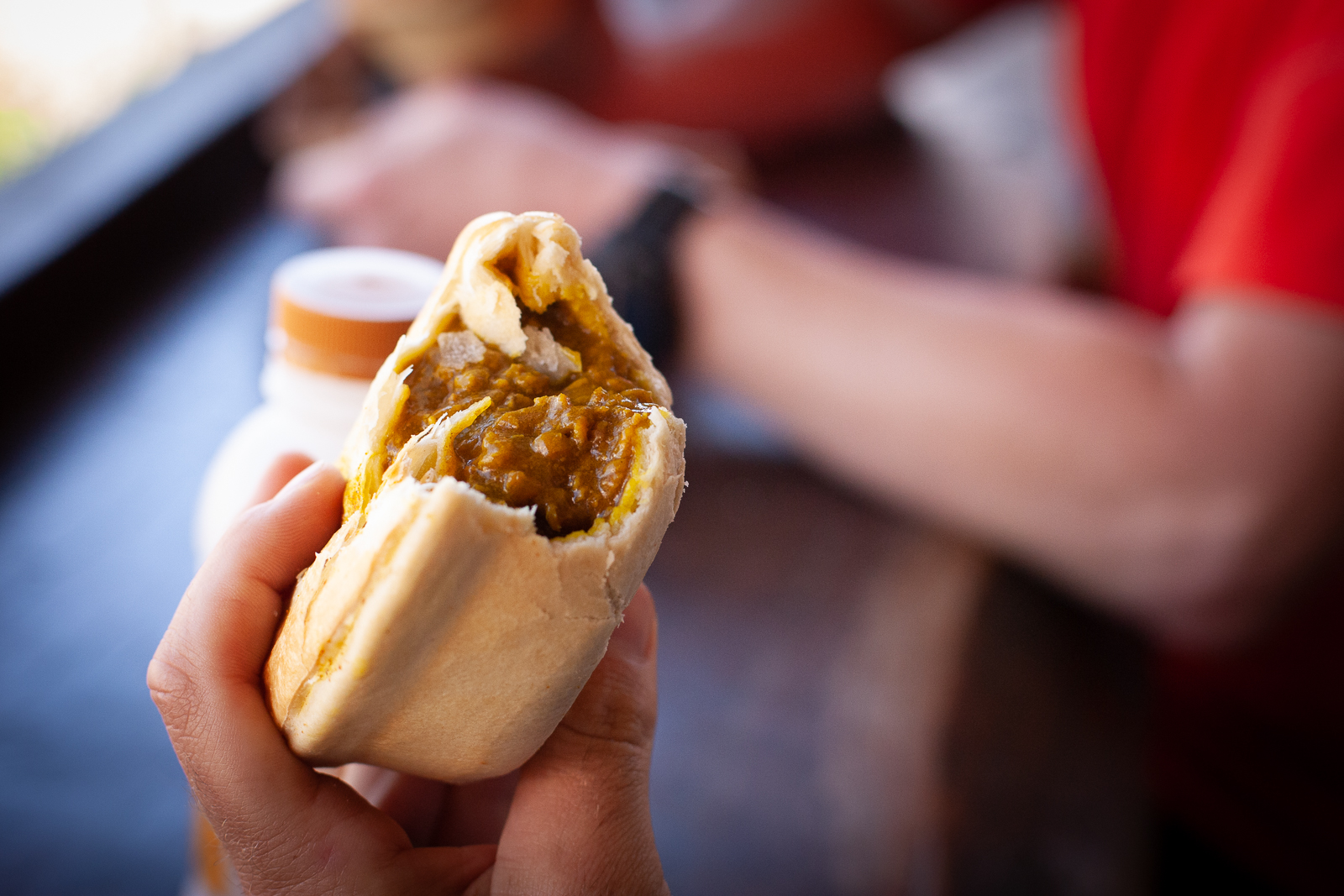
Protein needs increase with age (the RDI for those aged 70+ goes up from 0.8 to approximately 1g per kilogram of body weight per day). Sports Dietitians Australia suggests older athletes need at least 1.2g of protein per kilogram of body weight per day. As for younger athletes, timing is key. Older athletes should pay particular attention to eating 35-40g high quality protein foods like beef, tofu, milk, soy or whey after strenuous exercise.
The active teen
Protein requirements are similar for the teen MTB rider to that of the active adult. Sports Dietitians Australia recommend the teen athlete eats between 1.3-1.8g per kg per day (approximately 1.5-2 times the amount for 9–18-year-olds). Teen athletes should also eat every 3-4 hours to provide a regular spread of high-quality protein sources over the day.
What to eat to get enough
It’s best to aim for whole foods that contain essential amino acids that the body cannot make. Great protein options with around 20g protein include:
- 2 large eggs on multigrain toast
- 100g cooked meat or fish
- 2 tbsp nut butter on 2 pieces of multigrain toast
- 4 slices of cheese on multigrain crackers
- A bowl of cereal or muesli with milk and yoghurt
- A chicken or beef burger with salad
- A wrap with meat or chicken, salad and avocado.
When appetite is low (after a hard ride for example), protein-packed fluids often work well (e.g. smoothie, flavoured milk, a protein supplement or a liquid meal drink). Kicking off recovery post ride with one of these options is a great start to build upon throughout the rest of the day.
Varying the source of protein over the day is important too. Varied options not only provide a wide range of amino acids but can also improve health. Rather than just focusing on meat and chicken, eating protein sources like fish (including some oily fish) and legumes (beans, chickpeas, lentils, soy) can help with heart and gut health and reduce the risk of chronic disease in the long term. Plant proteins come with a cocktail of fibre, vitamins, mineral and antioxidants you won’t get from most meats.
The International Society of Sports Nutrition recommends having a casein supplement or milk-based drink (about 30-40g of protein) before sleep to increase muscle synthesis and metabolic rate overnight, helping with recovery and weight management.
Do you need to take a supplement?
Most people will be able to meet the requirements for carbohydrates and protein without needing to add supplements. Those following a vegan or vegetarian diet or those with a particularly high training load may find protein supplementation useful to get the protein needed each day. Creatine and caffeine may also be useful if daily nutrition is already optimised, but it's best to speak with a Sports Dietitian before starting a supplement like this. In fact, if you have any questions about protein, how much you need and when or how to eat it, a Sports Dietitian should be your go to.

